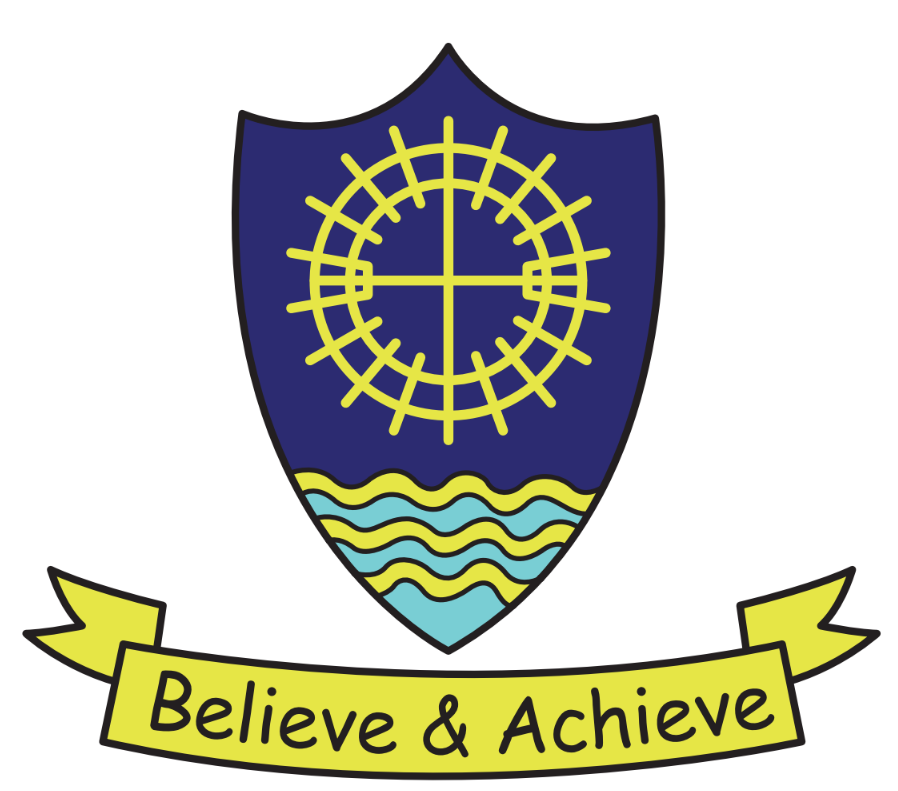English at Millbrook
Intent for English
Our intent is for the children of Millbrook to communicate confidently and effectively, both through the written and the spoken word, and that these skills encompass the whole curriculum.
We want them to choose to read widely, finding joy in worlds yet to be discovered or facts to be found.
English at MPS
English at Millbrook Primary school
Speaking and listening
The National Curriculum (NC) states in its introduction that, ‘Teachers should develop pupils’ spoken language, reading, writing and vocabulary as integral aspects of the teaching of every subject.’
We give the children opportunities to develop their skills through the following areas.
- Listening and responding
- Questioning
- Oral rehearsing/presenting
- Vocabulary
- Talking with others
Writing
In all years we teach writing through a range of engaging texts. We follow the Herts detailed English plans which take the children through a teaching sequence that allows time for familiarisation with the text -through drama, drawings, video clips, before moving on to capturing ideas and finally the application where they compose their final piece of writing.
Throughout the units the skills of grammar, spelling and handwriting are taught and additional time is given outside the English lessons.
The Nelson Handwriting scheme is followed from EYFS and the No Nonsense Spelling programme from Year 2 onwards.
All children cover a range of fiction, non-fiction and poetry text types. These are planned carefully to ensure that where the same type of writing is covered the children will be covering different skills.
Links are made with other subjects for example an explanation text might be linked to geography work or instructions to art. Shaking up Shakespeare production company has worked with Year 5 and year 6 for the last two years to produce an entertaining end of year of production- all done in 2 days!
Reading
Children are taught through a mixture of shared reading (whole class), guided reading (groups) and independent reading. They are taught both word reading and comprehension with the balance shifting as they become more fluent readers.
We have a range of reading books including Oxford Reading Tree, project X, Rigby star, PM and Engage Literacy. This choice keeps the children motivated. As the children progress, they will choose from a range of appropriate books which will still be monitored by the teacher.
We aim for the children to become fluent confident readers and to develop a love of books and a knowledge of authors.
To give children and parents a starting point to choose from the many fantastic books available we have adapted some of 100 book lists which are available. These are our starting point and we will listen to the feedback from the children and adjust accordingly.
Other list can be found at the links below. The book trust has many up to date suggestions.
All children have the opportunity to borrow books from the school library and don’t forget the local library will be able to help you and its free!
https://www.booktrust.org.uk/books-and-reading/our-recommendations/100-best-books/ https://www.tes.com/news/100-fiction-books-read-leaving-primary
Phonics
Phonics is taught through the Monster Phonics programme.
What Are Phonics Stages?
Stages are the way the Monster Phonics Programme is broken down to teach sounds in a certain order.
At the same time whole words that cannot be broken down easily, (we call “tricky words”) are taught to the children.
Stages One to Three
(Reception)
The children will start learning 19 letters of the alphabet and one sound for each. They will blend sounds together to read words and segment (break the word up) to spell the word. They will apply these skills to help them read simple words and captions.
The remaining 7 letters of the alphabet, one sound for each will be taught. They then move on to digraphs such as ch, oo, th representing the remaining phonemes not covered by single letters. As they progress, they will read captions, sentences and questions.
In Summer Term children learn to blend and segment longer words with adjacent consonants, e.g. swim, clap, jump and continue their reading of captions, sentences and questions.
Stages Four to Eight
(Throughout Year 1)
The children learn new sounds. They begin to make choices between sounds when they are spelling for example whether to use 'ee' or 'ea' when writing the word bead.
Stages Nine and Ten
(Throughout Year 2)
In year 2 the children follow the No Nonsense spelling programme which covers many aspects of Stages Nine and Ten but is more aligned to the objectives of the national curriculum.
What are “Tricky words”?
Tricky words are words that cannot be ‘sounded-out’ but need to be learned by heart. They don’t fit into the usual spelling patterns. In order to read simple sentences, it is necessary for children to know some words that have unusual or untaught spellings. It should be noted that, when teaching these words, it is important to always start with sounds already known in the word, then focus on the 'tricky' part.
What are High Frequency words?
High frequency (common) are words that recur frequently in much of the written material young children read and that they need when they write.
These websites are very useful. The first one demonstrates how each phoneme is made.
DfE Validated Phonics Scheme And Ofsted-Ready (monsterphonics.com)
https://www.youtube.com/watch?v=DWQ6MeccRCU
https://www.oxfordowl.co.uk/for-home/reading/phonics-made-easy
